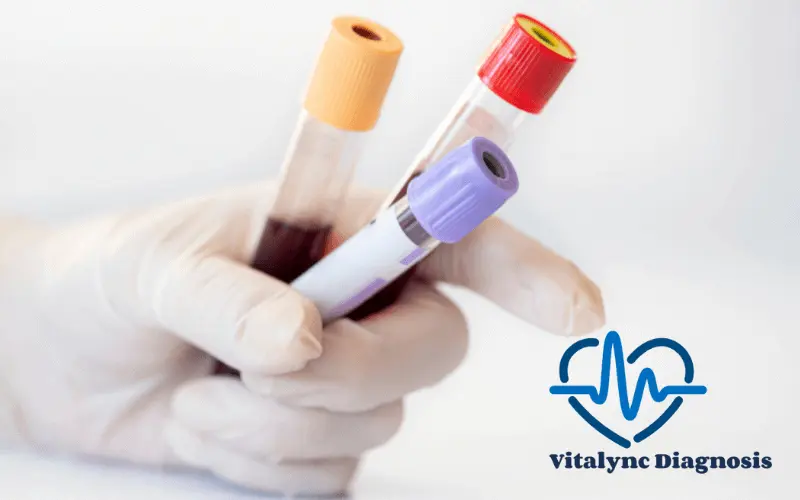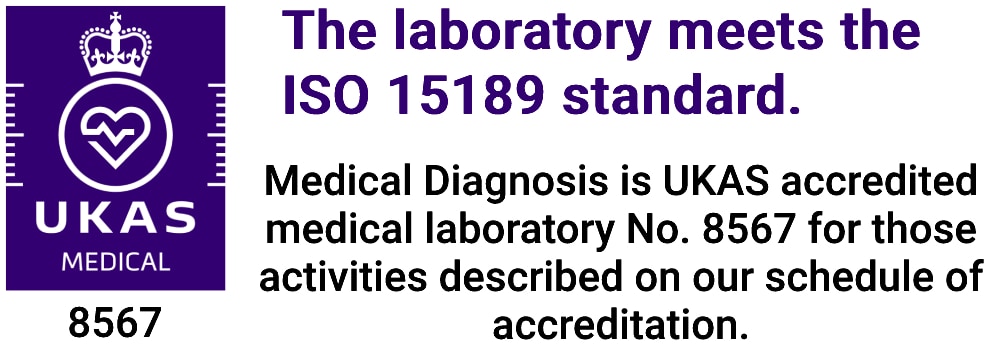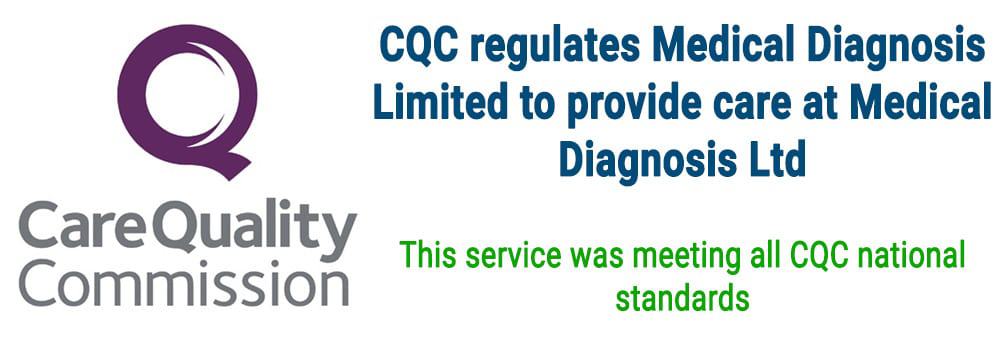
Allergies, also known as hypersensitivities, occur when the immune system overreacts to harmless substances known as allergens. These immune responses are classified into four types, depending on the mechanism and reaction time involved.
Type I hypersensitivity is an immediate reaction caused when an allergen interacts with immunoglobulin E (IgE) antibodies, producing symptoms within minutes such as nasal congestion, sneezing, coughing, and skin irritation. In contrast, Type IV hypersensitivity is a delayed reaction involving T-lymphocytes, with symptoms appearing hours or even days later.
Respiratory allergies can lead to coughing, throat tightness, nasal blockage, and red or itchy eyes. Gastrointestinal allergic reactions often cause swelling of the tongue and throat, abdominal discomfort, vomiting, or diarrhoea. Severe cases can develop into anaphylaxis—a systemic and potentially life-threatening allergic reaction that requires immediate medical attention and administration of adrenaline.
Diagnosing allergies involves evaluating the patient’s symptoms, medical history, and environmental exposures. Contributing factors such as smoking, pollutants, medications, and stress are also assessed. Once suspected allergens are identified, specific allergy testing helps confirm the cause. Avoidance of allergens is the most effective preventive measure, though immunotherapy may be advised in cases where exposure cannot be avoided.
WhatsApp Now (+4474 4807 7654)
or email us at
info@vitalync-diagnosis.com

Our partner, Medical Diagnosis, is UKAS 15189 accredited and registered with the CQC. All tests are conducted to the highest standards of accuracy and reliability.
More About It